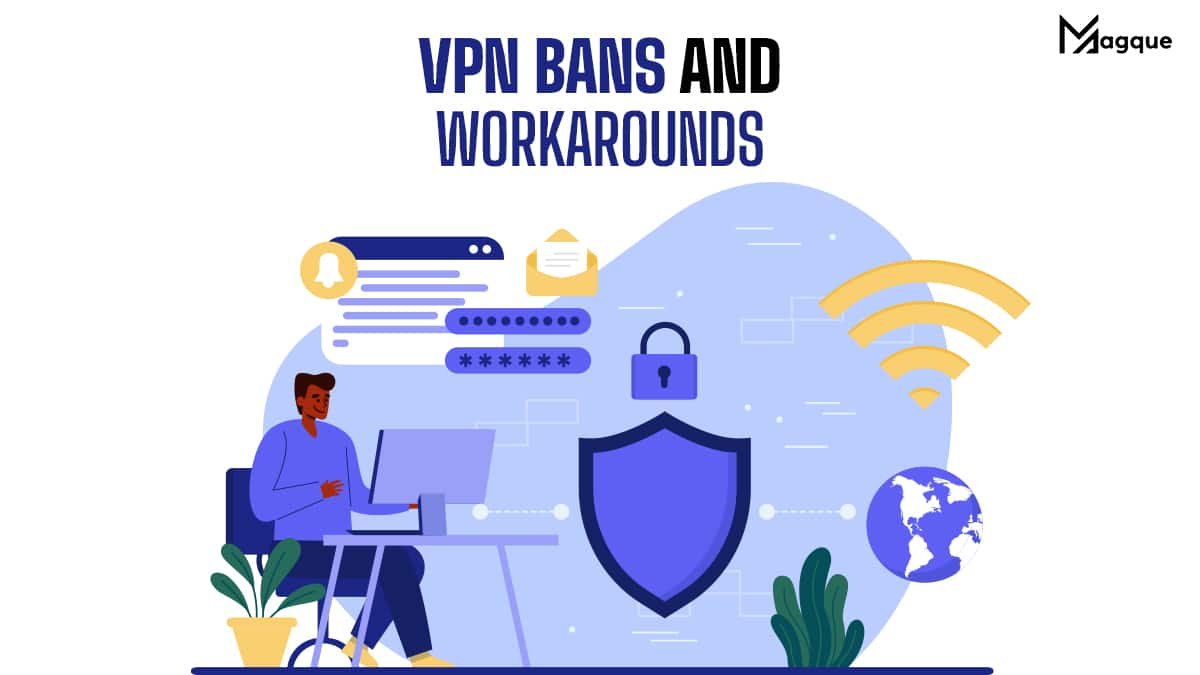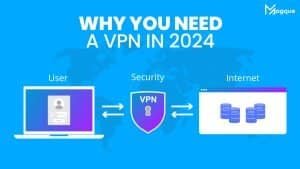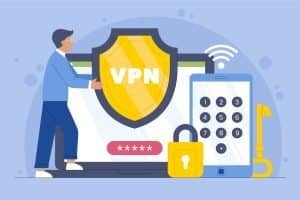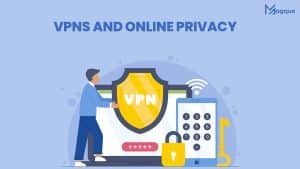In today’s digital age, where access to online content is a fundamental aspect of daily life, encountering VPN bans can be a frustrating roadblock. Whether it’s streaming services, social media platforms, or websites restricted by geographical boundaries, VPN bans pose a significant challenge to internet users seeking unrestricted access. But fear not! With the right strategies and workarounds, you can bypass these obstacles and reclaim your online freedom.
Understanding VPN Bans
Before diving into the solutions, let’s first grasp the concept of VPN bans. VPN bans occur when websites, streaming services, or governments detect and block traffic from VPN servers. This crackdown is often motivated by various reasons, including copyright issues, censorship, or security concerns. As a result, users cannot access certain content or services when using a VPN.
The Rise of VPN Bans: Why Are They Implemented?
VPN bans are implemented for many reasons, each stemming from different motivations and concerns; for streaming services like Netflix and Hulu, VPN bans aim to enforce regional licensing agreements. By detecting and blocking VPN traffic, these platforms ensure compliance with copyright laws and prevent users from accessing content unavailable in their respective regions.
Similarly, governments may impose VPN bans as part of their censorship efforts to control the flow of information and restrict access to specific websites or online services. In countries with strict internet regulations, such as China and Iran, VPN bans tighten control over online activities and limit dissenting voices.
The Cat-and-Mouse Game: Strategies for Bypassing VPN Bans
Despite the challenges posed by VPN bans, you can employ several effective strategies to bypass these restrictions and regain access to blocked content. From switching servers to utilizing obfuscation techniques, here are some tried-and-tested methods:
1. Server Hopping: Switching servers is one of the simplest yet most effective ways to bypass VPN bans. VPN providers typically offer a range of servers located in different countries. By connecting to a server not affected by the ban, you can circumvent the restrictions and access the desired content.
2. Obfuscation Techniques: Many VPN services offer obfuscation features that disguise VPN traffic as regular internet traffic, making it more challenging for websites and services to detect and block VPN usage. You can quickly fly under the radar and bypass VPN bans by enabling obfuscation.
3. Dedicated IP Addresses: Some VPN providers offer dedicated IP addresses as an add-on feature. Unlike shared IP addresses, dedicated IPs are less likely to be flagged by websites and services implementing VPN bans. Using a dedicated IP can minimize the risk of encountering restrictions and enjoy uninterrupted access to your favorite content.
4. Protocol Switching: Experimenting with different VPN protocols can also help bypass VPN bans. While some protocols may be more susceptible to detection and blocking, others offer better resilience against censorship measures. By switching between protocols, you can find the best way to bypass VPN bans.
5. Tor Over VPN: Combining a VPN with the Tor network can be highly effective for maximum anonymity and bypassing capabilities. By routing your VPN traffic through the Tor network, you add an extra layer of encryption and obfuscation, making it extremely difficult for websites and services to detect and block your connection.
Conclsion: Embracing Freedom in a Restricted World
In a world where VPN bans constantly threaten online freedom, it’s essential to arm yourself with the knowledge and tools needed to navigate these challenges effectively. By understanding the motivations behind VPN bans and employing strategic workarounds, you can reclaim your right to access unrestricted content and maintain your privacy and anonymity online.
At Magque, we’re committed to empowering internet users with the resources they need to overcome VPN bans and enjoy a truly open and unrestricted online experience. With our comprehensive guides and expert advice, you can confidently navigate the complexities of VPN bans and regain control of your digital world.
FAQs:
Q1. Why do websites implement VPN bans?
Websites often implement VPN bans to enforce regional licensing agreements, comply with copyright laws, or prevent unauthorized access to restricted content. By detecting and blocking VPN traffic, these platforms aim to ensure compliance with legal regulations and protect their intellectual property rights.
Q2. How do VPN bans affect internet users?
VPN bans can significantly impact internet users by restricting access to certain websites, streaming services, or online content. Users may encounter limitations when bypassing geographical restrictions or maintaining privacy and anonymity online. VPN bans can also hinder users’ access to information freely in regions with strict censorship laws.
Q3. What are some common workarounds for VPN bans?
Several effective workarounds for bypassing VPN bans include:
- Server hopping.
- Utilizing obfuscation techniques.
- Using dedicated IP addresses.
- Experimenting with different VPN protocols.
- Combining VPN with the Tor network.
These strategies help users evade detection and regain access to blocked content.
Q4. Are there legal implications associated with bypassing VPN bans?
The legality of bypassing VPN bans varies depending on the jurisdiction and the reasons behind the ban. While circumventing VPN bans for accessing copyrighted content may violate intellectual property laws, using VPNs to bypass censorship or ensure online privacy is generally considered legal. However, users should know local regulations and potential consequences before bypassing VPN bans.
Q5. How can I choose a VPN provider that helps me bypass VPN bans?
When selecting a VPN provider, look for features such as obfuscation techniques, dedicated IP addresses, a wide range of servers, and support for multiple protocols. Additionally, consider user reviews, reputation, and reliability to ensure you choose a provider with effective solutions for bypassing VPN bans and maintaining online privacy and security.
Read Also This:- The Importance of VPNs for Digital Privacy













